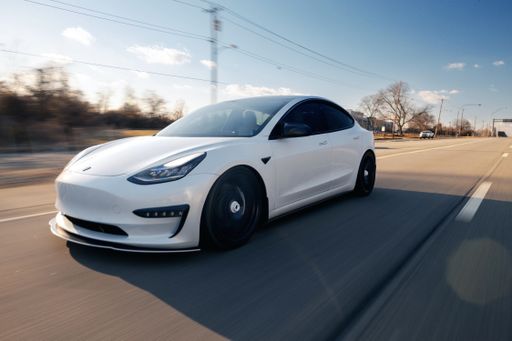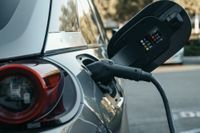How China Built BYD, Its Tesla Killer
China's leading electric vehicle company, BYD, has experienced significant growth and success in the global market, surpassing Tesla in sales and leading China's export push in electric cars.

BYD's Rise to Success
BYD, originally a battery manufacturer, entered the car industry in 2007 and faced criticism for the poor quality of its cars. However, the company has since become a major player in the electric vehicle market, surpassing Tesla in global sales and expanding its presence worldwide.
With over 80 percent of its sales in China, BYD has experienced million-car growth in each of the past two years. This level of growth has not been seen in the industry since General Motors achieved a similar feat in 1946.
BYD has capitalized on China's dominance in electrical products and the growing market for battery-electric and plug-in hybrid cars, which make up 40 percent of China's car market. The company has become a leader in China's export push for electric cars, and its rapid expansion has attracted attention and scrutiny from competitors and regulators.
The BYD Advantage
BYD's success can be attributed to several factors, including its low manufacturing costs and focus on gasoline-electric hybrids. The company has been able to offer cheaper cars with competitive range, making them more accessible to consumers.
BYD's innovative approach to battery chemistry has also played a significant role in its success. The company has developed cost-effective batteries that provide comparable performance to more expensive alternatives. This has allowed BYD to offer affordable electric vehicles without compromising on range or quality.
Furthermore, BYD's vertical integration and in-house production of most components have helped reduce costs and increase efficiency. The company's manufacturing capabilities and lower labor costs in China have given it a competitive edge in the market.
Challenges and Future Outlook
BYD's success has not come without challenges. The company has faced criticism and scrutiny for receiving significant government assistance and subsidies. Its rapid expansion and growing exports have also led to concerns from competitors, such as Tesla, prompting investigations and potential tariffs.
Additionally, the Chinese car market's recent slowdown, combined with a real estate crisis and falling stock market, has made consumers more cautious about purchasing cars. However, BYD's low manufacturing costs and diversified product offerings position it well to weather any potential downturn and industry shakeout.
Looking ahead, BYD remains committed to expanding its international presence and investing in autonomous driving technology. The company's focus on assisted driving and plug-in hybrid cars gives it an advantage over competitors, and its ability to adapt and innovate will likely determine its success in the rapidly evolving electric vehicle market.


